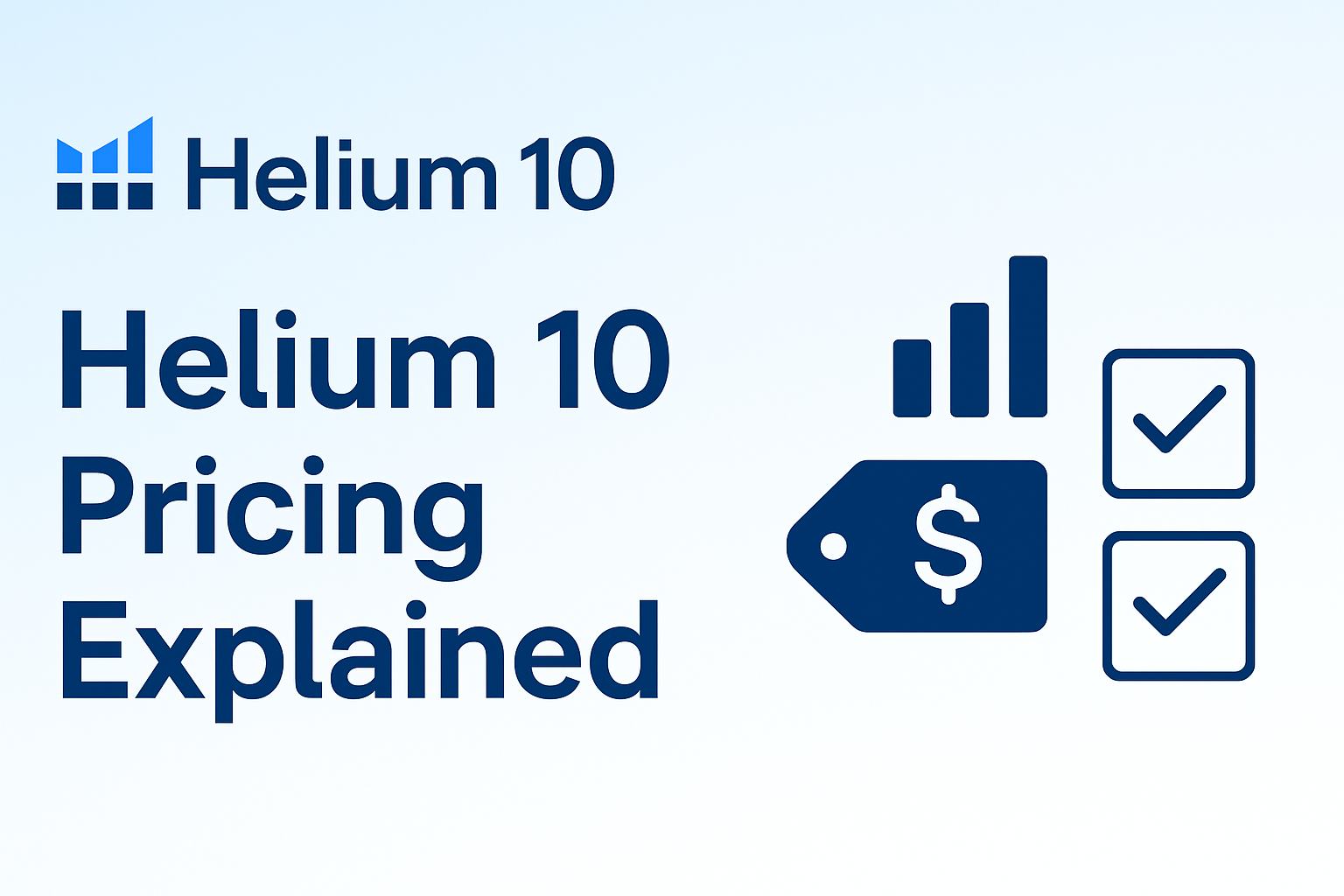In recent years, the online learning landscape has expanded significantly, with numerous platforms offering courses on a wide range of topics. One name that has consistently stood out is MasterClass. Known for its celebrity-led courses on a variety of subjects, MasterClass promises to bring world-class expertise to your fingertips. But with a subscription costing upwards of $180 annually, the question on everyone’s mind is: Is it worth the investment?
Let’s take an in-depth look at what MasterClass has to offer, analyzing its strengths, weaknesses, and overall value.
What is MasterClass?

MasterClass is an online education platform that offers high-quality video courses taught by industry leaders, artists, and experts. These aren’t your typical instructors — think of them as celebrities and top professionals in their fields. Want to learn cooking from Gordon Ramsay? Or how about screenwriting from Aaron Sorkin? MasterClass brings these legends into your living room, offering you a chance to learn from the best.
The platform hosts courses across multiple categories, including cooking, writing, business, music, film, photography, sports, and even science. The courses are structured as a series of video lessons, with supplemental materials like workbooks, assignments, and community discussions.
Course Quality: World-Class Experts
MasterClass is unique in that it gives learners access to industry titans, many of whom are household names. This is one of the primary selling points of the platform. Here are just a few examples of the star power behind the courses:

- Gordon Ramsay (Cooking)
- Aaron Sorkin (Screenwriting)
- Margaret Atwood (Writing)
- Serena Williams (Tennis)
- Martin Scorsese (Filmmaking)
- Hans Zimmer (Music Composition)
This is not just name-dropping — the courses reflect the high caliber of their instructors. Each video lesson is polished, professional, and thoughtfully produced. You’re not just watching a celebrity give a lecture. Instead, you get a window into the instructor’s process, experiences, and creative journey.
For example, Gordon Ramsay’s cooking course is a blend of personal anecdotes, practical tips, and step-by-step guidance, all delivered with his trademark passion and humor.

On the other hand, Aaron Sorkin’s screenwriting course delves deep into the art of writing dialogue, building character arcs, and creating tension — offering insights only someone with decades of experience in Hollywood could share.
The video production value is impressive, featuring cinematic shots and high-quality editing. It feels like you’re getting access to an exclusive behind-the-scenes look into the lives of these experts. This level of detail makes learning on MasterClass a visually stimulating and engaging experience.
Course Structure: Clear and Concise

Each course is structured into bite-sized lessons that vary in length, typically ranging from 5 to 15 minutes. The content is well-paced so that you won’t feel overwhelmed. While some courses are quite technical, like film editing or music composition, others, like writing or cooking, are more accessible to beginners. The short duration of each lesson means that you can easily fit learning into your schedule, whether you have 10 minutes or an hour to spare.
Courses typically consist of:
- Video Lessons: The main content delivered by the instructor.
- Workbooks: Downloadable PDFs that accompany each lesson with exercises and additional resources.
- Assignments: Some courses offer practical exercises to help you apply what you’ve learned.
- Community Discussions: You can interact with fellow learners in community forums, discussing topics related to the course material.
This combination of video content, reading material, and interactive features creates a comprehensive learning experience. However, it’s worth noting that MasterClass isn’t a platform for certification or formal education. It’s more about personal development, enhancing your skills, and learning from people who have “been there, done that.”
Variety of Topics
MasterClass offers a wide range of topics, but it’s clear that some categories are more developed than others. For example, if you’re interested in creative fields like writing, filmmaking, music, or acting, MasterClass is an absolute goldmine.
You’ll find a wealth of courses that explore the ins and outs of these industries in ways that other platforms can’t quite match.

However, if you’re looking to dive into more technical fields like software development, mathematics, or data science, you might be disappointed. While MasterClass is great for personal development and honing creative skills, it’s not the platform for mastering highly technical or niche topics.
Here’s a quick breakdown of some popular categories:
- Writing: From fiction to memoir, MasterClass offers several in-depth courses from bestselling authors like Neil Gaiman, Margaret Atwood, and Dan Brown.
- Cooking: With culinary legends like Gordon Ramsay, Thomas Keller, and Alice Waters, these courses offer insights into both basic cooking techniques and advanced gastronomic skills.
- Music: Hans Zimmer, Usher, and Christina Aguilera teach music composition, songwriting, and vocal techniques.
- Film & TV: Directors like Martin Scorsese and David Lynch share their expertise on storytelling, filmmaking, and cinematography.
- Business: Learn the art of leadership and entrepreneurship from figures like Bob Iger, the former CEO of Disney.
If your interests fall within one of these creative domains, you’ll find a treasure trove of knowledge on MasterClass.
Community and Interaction
While MasterClass offers a robust learning experience in terms of content, it lacks the level of interaction and engagement that some other platforms offer. The community is there — you can discuss lessons in the forums and ask questions — but don’t expect the same real-time, mentor-like interactions you might get on platforms like Skillshare or Udemy.
That said, the courses are so well-structured and the instructors so experienced that you might not miss the personal interaction as much. Still, if you thrive on feedback and direct communication, this is something to consider before committing to MasterClass.
MasterClass Subscription Model: Is It Worth the Cost?

MasterClass operates on a subscription-based model, which is priced at $180 per year for access to all of its courses. This is a significant investment, especially when compared to other platforms like Udemy, where individual courses can be bought for as little as $10, or Skillshare, which charges $15 per month for a similar experience.
The annual subscription gives you access to all the content on the platform, so you’re not limited to any particular course. While $180 may seem steep, it’s worth considering the high-caliber instructors you’re getting access to. In terms of value, this subscription is far cheaper than attending in-person workshops or seminars, where you’d likely pay hundreds or even thousands of dollars to learn from experts.
Moreover, there’s no need to worry about limited access — once you’ve paid, you can take as many courses as you like during the year. If you’re someone who loves learning and exploring new topics, this subscription model could provide great value.

Pros of MasterClass
Access to Legendary Experts: Where else can you learn acting from Helen Mirren, or music composition from Hans Zimmer?
High-Quality Content: The video production value is superb, making the learning experience enjoyable and immersive.
Diverse Course Selection: Whether you’re into creative arts, cooking, or business, there’s something for everyone.
Well-Structured Lessons: Each course is divided into manageable segments, allowing you to learn at your own pace.
Convenience: You can watch courses from anywhere, at any time — ideal for busy individuals.
Cons of MasterClass
Expensive: At $180 per year, it’s a significant investment, especially when compared to other platforms.
Limited Interactivity: The lack of personal feedback and real-time interaction with instructors might be a dealbreaker for some.
Not for Technical Subjects: If you’re looking to dive into more technical fields like programming or data science, MasterClass isn’t the right choice.

Conclusion: Is MasterClass Worth It?
MasterClass is a unique platform that offers the chance to learn from the best in various creative fields. If you’re someone who loves personal development and wants to learn from industry leaders, it’s definitely worth considering. The high production value, expertly designed courses, and the ability to learn from legends like Gordon Ramsay or Martin Scorsese make it stand out in the crowded world of online learning.
However, it’s not perfect. The price tag is steep, and while the content is fantastic, the lack of interactivity and the absence of technical courses may leave some users feeling disappointed.
Overall, suppose you’re passionate about honing your creative skills and have a specific interest in the arts, filmmaking, writing, or music. In that case, MasterClass is an investment that could enrich your life and broaden your horizons. But if you’re seeking highly technical, career-oriented learning or prefer more hands-on feedback, you might want to explore other platforms.
FAQ’s
What is MasterClass?
MasterClass is an online learning platform offering video courses taught by world-renowned experts across various fields.
How much does MasterClass cost?
MasterClass costs $180 per year for an all-access subscription to every course on the platform.
Who teaches on MasterClass?
Courses are taught by celebrities and industry leaders like Gordon Ramsay, Serena Williams, and Martin Scorsese.
Can I interact with instructors?
MasterClass offers limited interaction, with most communication happening through community forums rather than direct feedback from instructors.
Is MasterClass suitable for beginners?
Yes, MasterClass offers courses for all skill levels, from beginners to advanced learners, particularly in creative fields.




